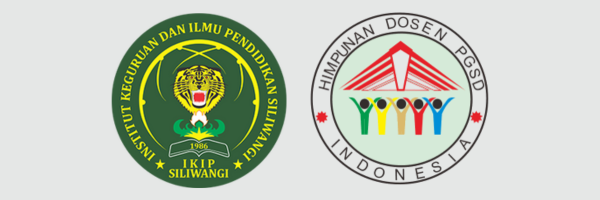Teachers’, Parents’, and Students’ Views on Learning Changes for 21st Century Skills Development in Elementary Education
Abstract
This research aims to explore the perspectives of teachers, parents, and community stakeholders regarding the implementation of elementary education reform focused on developing twenty-first-century skills, specifically critical thinking, collaboration, and digital literacy. Utilizing a mixed-methods approach, combining a qualitative case study with quantitative survey data, the study examines factors influencing stakeholder support and resistance. The key results show that effective leadership scored the highest with an average of 4.2, while resource limitations and resistance to change were the most frequently cited challenges, with survey support averaging 3.4. Thematic analysis identified the importance of cultural sensitivity, adaptability, and continuous evaluation as critical to successful implementation. These findings imply that fostering strong leadership, inclusive stakeholder engagement, and ongoing evaluation are essential for overcoming obstacles and ensuring sustainable reform, ultimately better preparing students to thrive in the modern world.
Downloads
Published
Issue
Section
License

This work is licensed under a Creative Commons Attribution-ShareAlike 4.0 International License.
The author is responsible for acquiring the permission(s) to reproduce any copyrighted figures, tables, data, or text that are being used in the submitted paper. Authors should note that text quotations of more than 250 words from a published or copyrighted work will require grant of permission from the original publisher to reprint. The written permission letter(s) must be submitted together with the manuscript.











